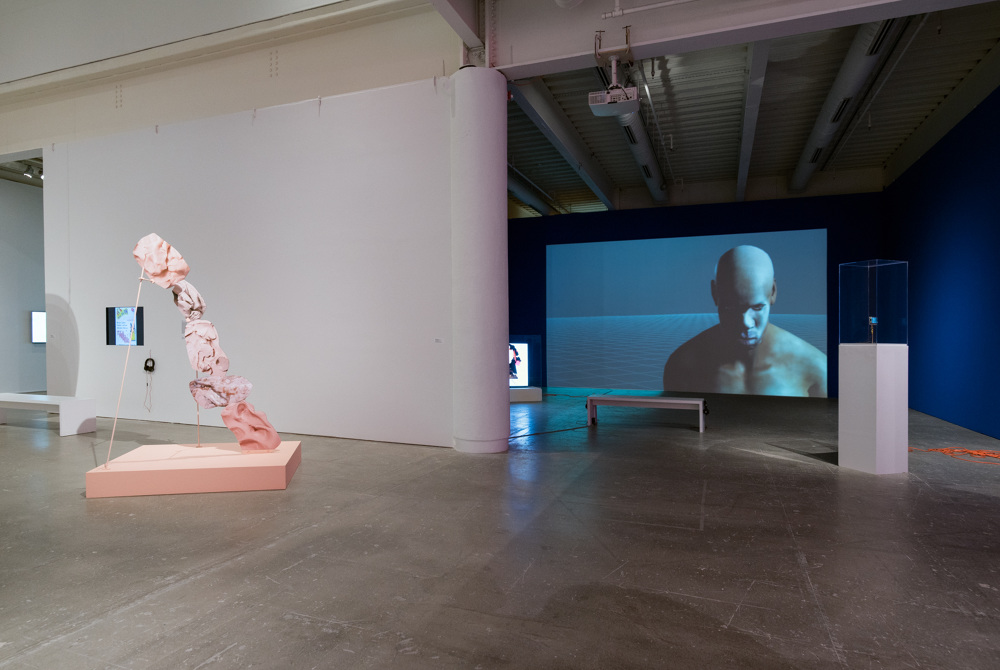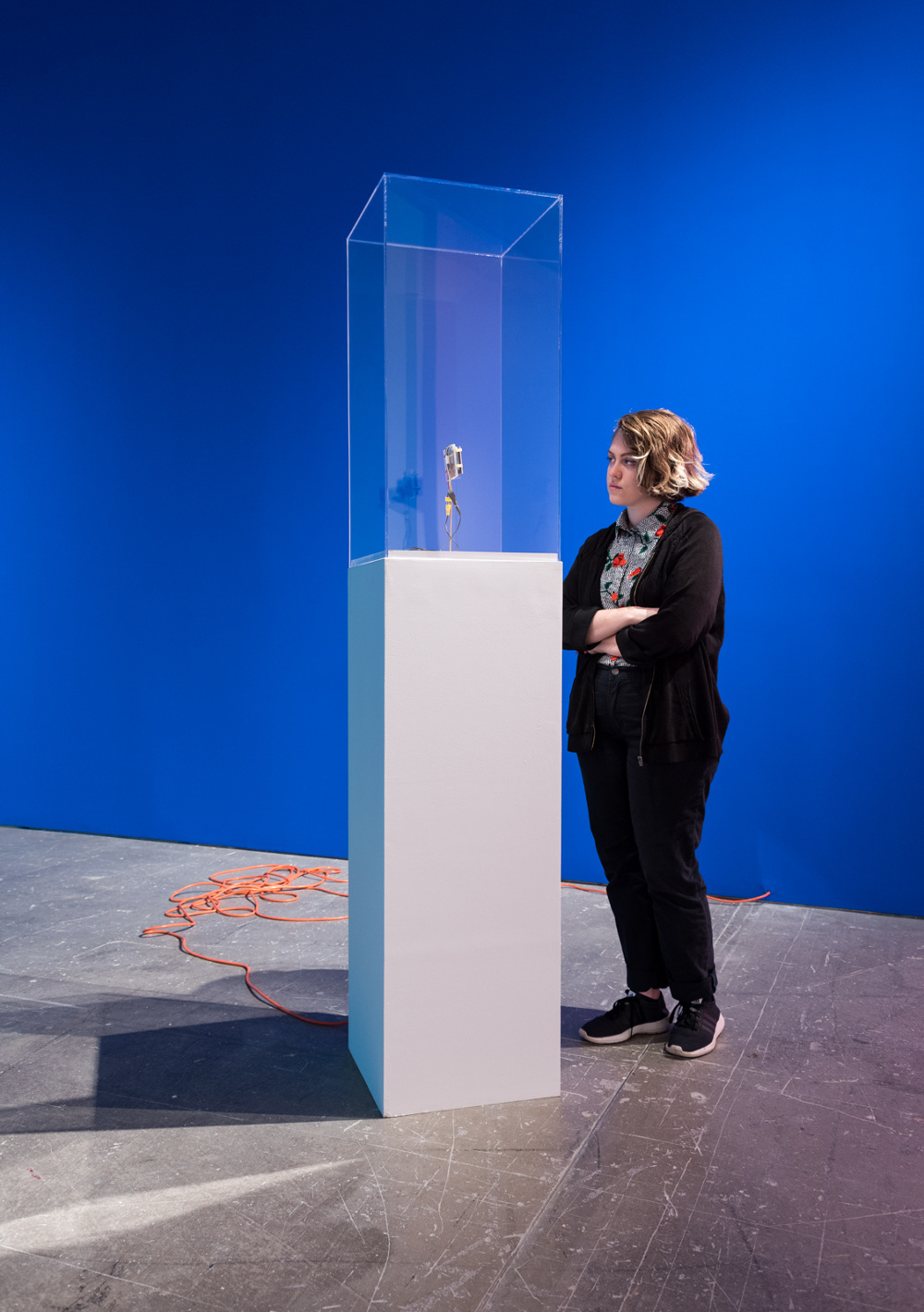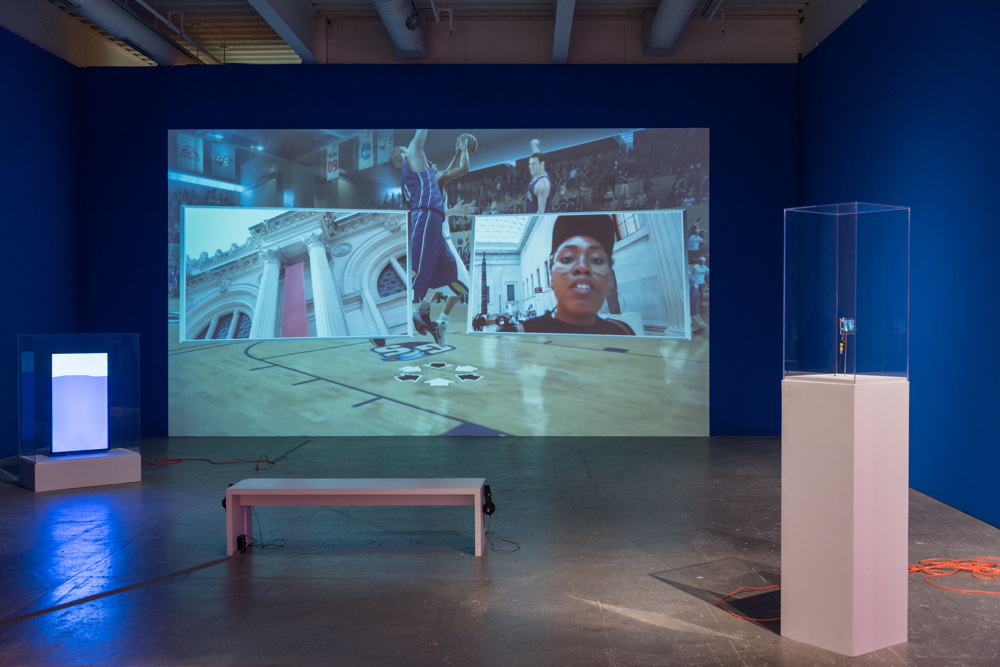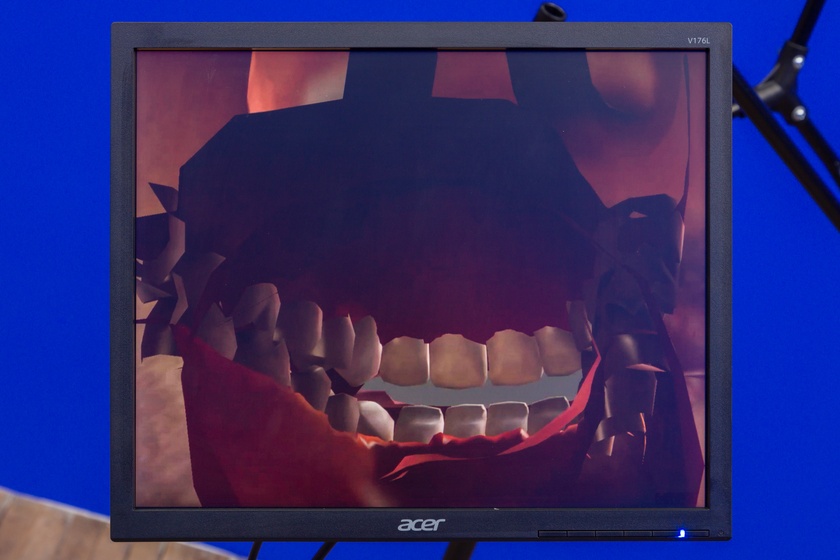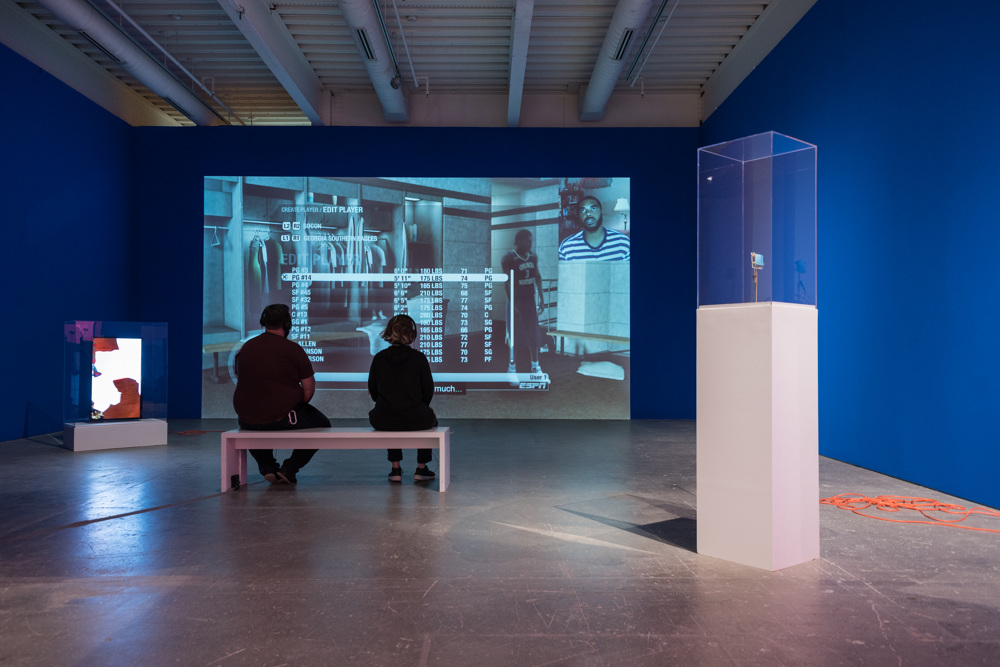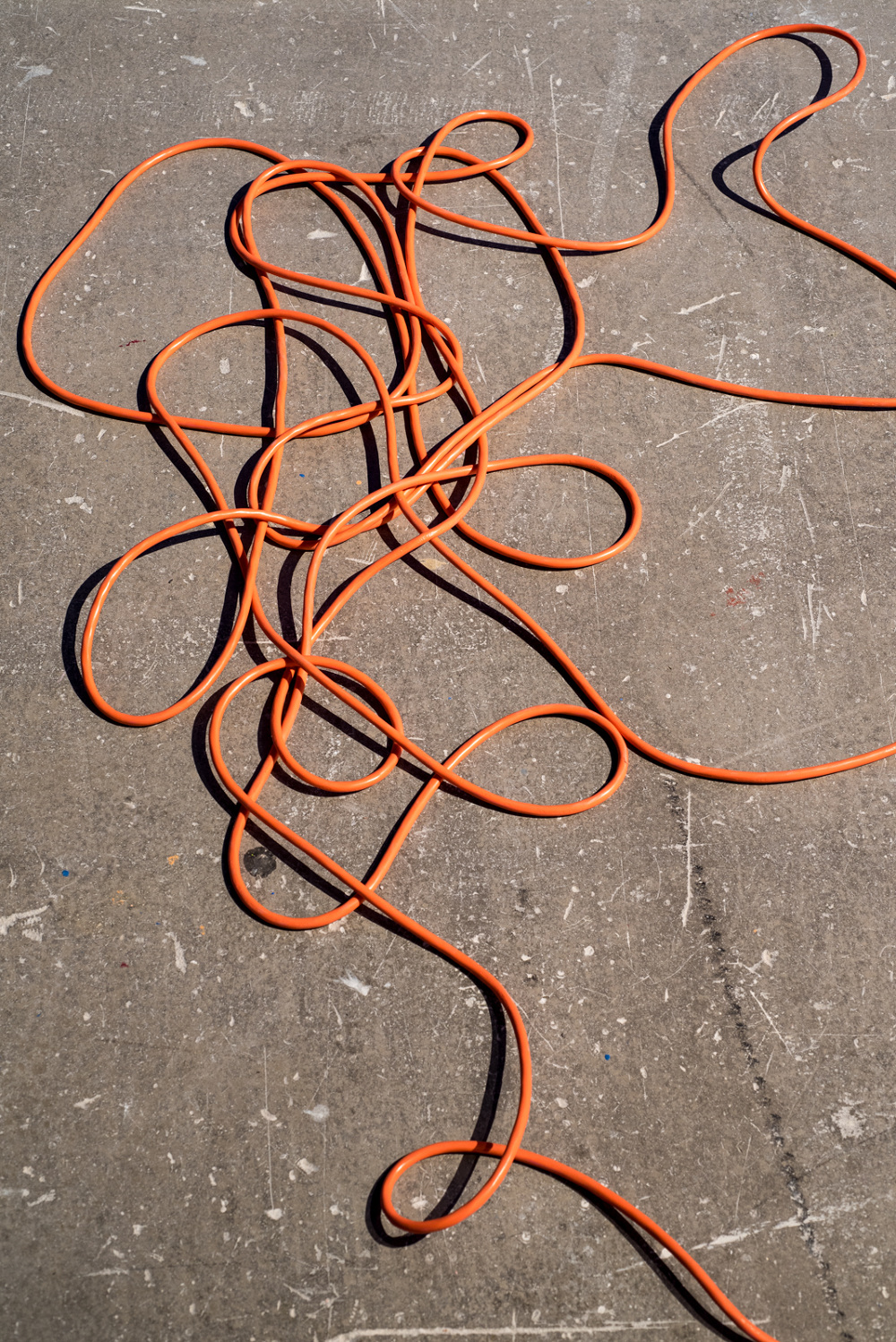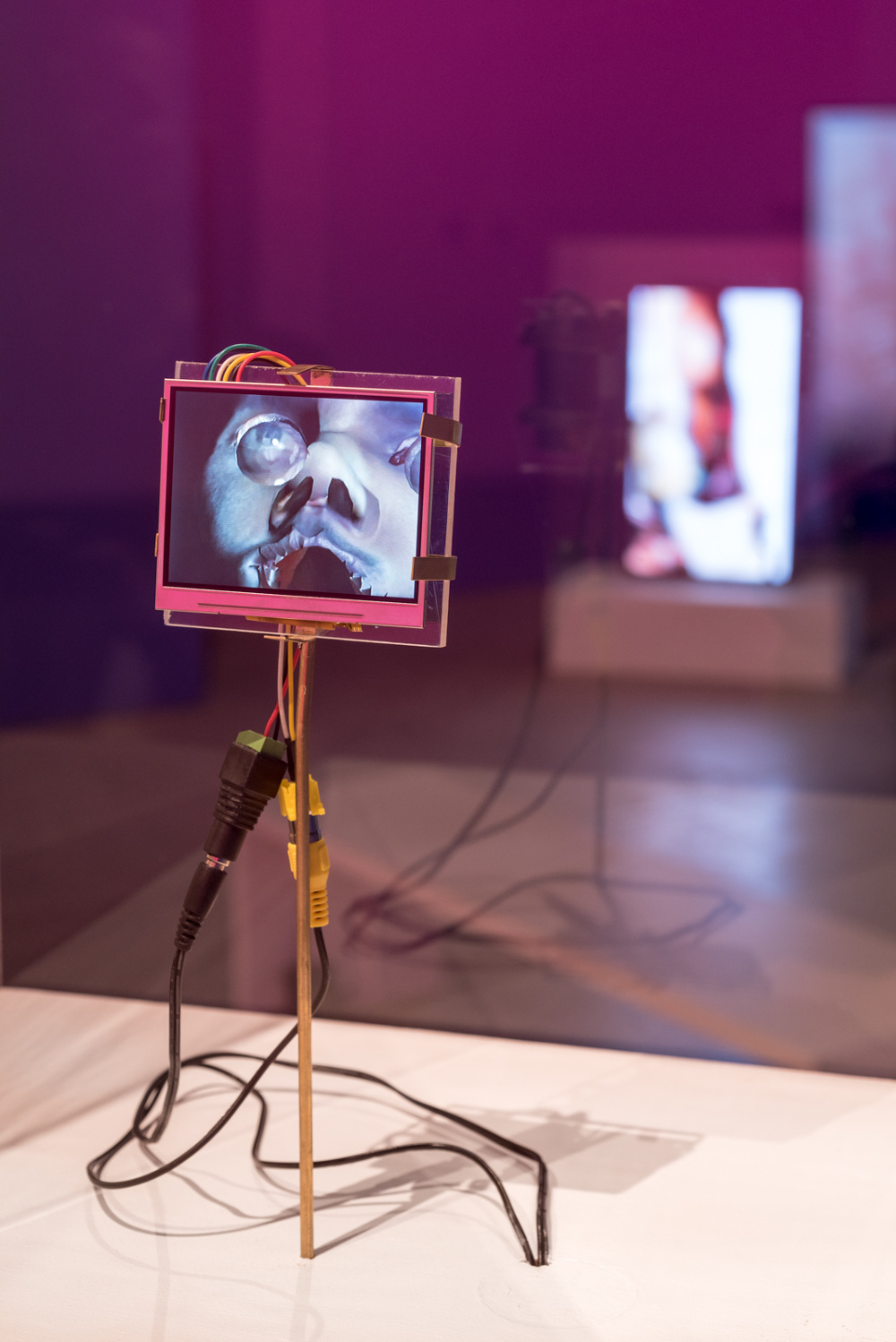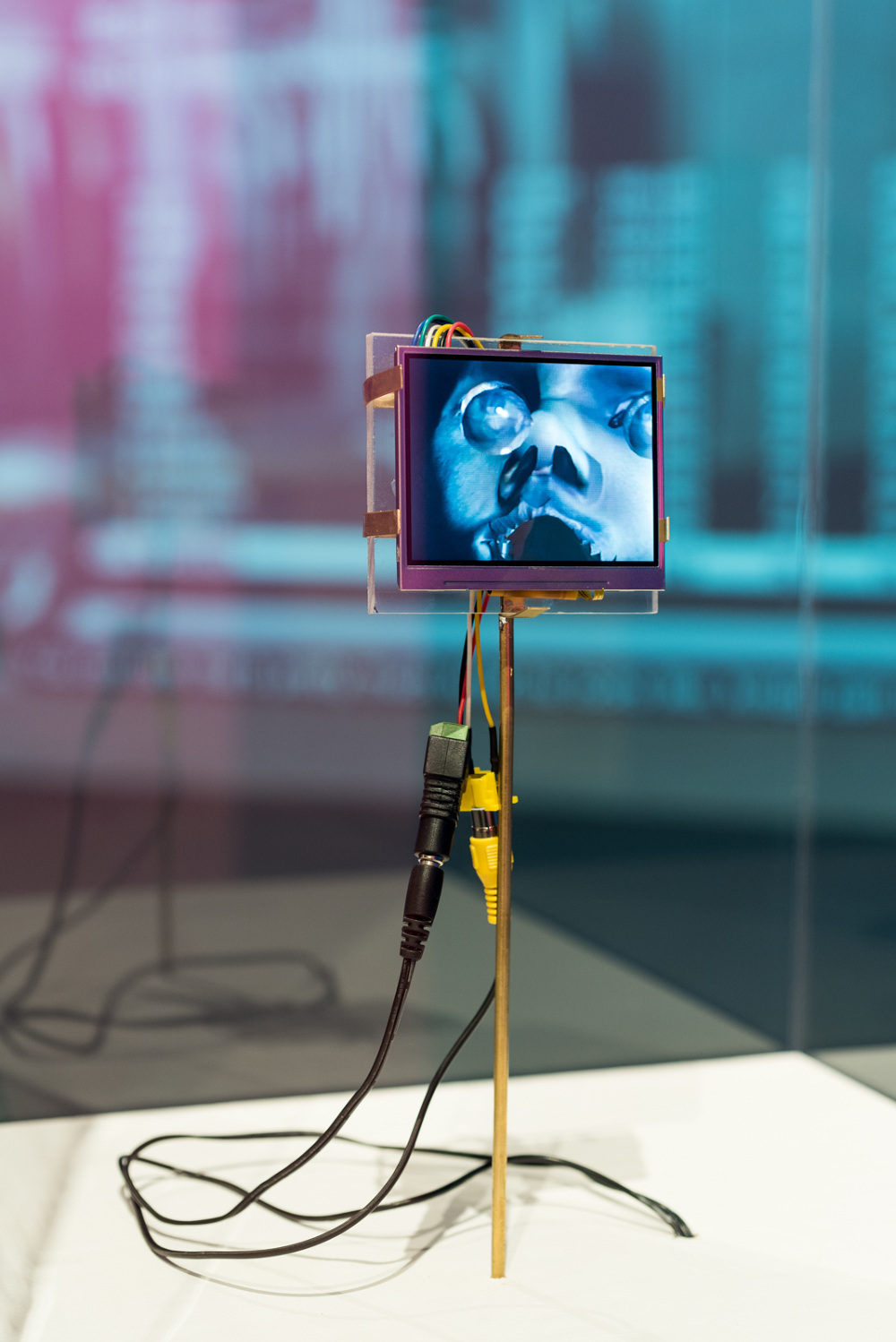The first AFROPUNK festival in Africa took place over the weekend of the 30 and 31 December. Fashion, art and music was shared in a collective embrace with all attendees. As with every AFROPUNK festival, the outfits worn by those in attendance can attract as much attention and celebration as the artists on the lineup. With all the people I interviewed at AFROPUNK, they shared with me descriptions their outfits and reasons for wearing particular items. With this they all unconsciously shared with me short, punchy phrases or words in their descriptions which can be viewed collectively as the beginnings of a manifesto or mottos to live by.
Maga Moura
Blogger and influencer Maga Moura has been attending all the AFROPUNK festivals held in 2017, and felt it necessary to come to the final one in Johannesburg. “I am also in love with see-through fabrics,” she expressed to me when asked about her outfit. Her full body overthrow is a clear demonstration of this as the fabric looks like a hybrid between chiffon and fishnet. She also shared her love for shiny objects, and so added elements of sparkle into her outfit with sequence and accessories. In Brazil she is affectionately known as the queen of braids because of her colourful and out-of-the-box designs she chooses for her braids. This has led her to inspiring young girls in her home country to feel free to express themselves more freely and creatively through their hair. Maga took the opportunity to make her outfit a physical manifestation of her blog; a liberated expression of black culture and black hair. Making sure not to leave without sharing the connection between her style, her blog and AFROPUNK, Maga stated that, “AFROPUNK is more than the lineup. It is culture, inspiration, force. Be yourself. Be free in your own personality or outfit.”
Khaya Ngubane
Taking my hand with confidence, Khaya Ngubane was ready to be in front of the camera. Moving from one power pose to another, it was as if he was in communication with the spirit of the cultures that inspired his look. “My outfit is inspired by an Ndebele/Egyptian look,” he explained. A gold neckpiece is paired with a small bullring septum piercing, and an open shirt to let the melanin glow. The combination of fabrics and accessories was all connected to Khaya’s grounding concept that drives his style. “Unapologetically gay and free-spirited. African all the way.”
Amonge Sinxoto
Amonge Sinxoto, while not consciously trying to make a statement with her outfit, she wanted to make sure that she wore all South African artists and designers. With her hair done by well-known hair stylist Mimi (@urban_mimz) to her pants and shirt being made by well-established fashion label House Of Ole. “Carefree, local and just being me. Being comfortable.” This was the motto that guided Amonge. By wearing all local she has made herself a walking everyday model for the talent that South African creatives from across the fashion and design spectrum have to offer.
Loyiso Ntwanambi and Likhaya Hanise
Loyiso Ntwanambi and Likhaya Hanise carried the spirit of Loyiso’s mother with them to AFROPUNK as they were wearing creations that her mother put together. “Bright. Free. Young. Happy.” These are the four word that Loyiso shared with me as the statement she was trying to make with her outfit. A recipe for a joyful living that has been shared through fabric and her mother’s labour. “Free. Hip. Not scared to be different. All of that,” Likhaya expressed, almost as a confirmation of Loyiso’s words.
Kim Barendse
Dressed by the designer for the label Jigga en Vogue and applying her own makeup. Kim Barendse become the South African version of Janet Jackson from the early 90s. When asked about the statement she was trying to make with her outfit, she expressed that she wanted to look as if she landed from another planet. The blue makeup over her eyes, coupled with thin, yellow lenses from her glasses created a green colour where the makeup and glasses met on her face. Drawing attention with her bundles of curly hair on her head and the jewels travelling down her forehead, she could be described as a celestial queen. “Life inspires my style. I am an artist as well so I draw inspiration from everything around me.”
Laverne Maart
As one of the many travelers from Cape Town to Johannesburg for AFROPUNK, Laverne Maart came to share her hair dye and laidback sense of style at the festival. With her bright green hair freshly applied by one of the other people displaying their work at the market stalls, Laverne let her hair play with the wind, mimicking the movement on her colourful dress. “Normally I wear a headwrap with my curls and dreads sticking out. That’s my look,” she explained. Her dress by Gordon House of Six was made specifically for her attendance at the festival. “I just wanted to be colourful,” Laverne expressed about the statement she was making with her look. “Colourful energy. I like colour especially green so there are a lot of greens in what I am wearing.”
Mariah Matthews
Coupling bargain thrift store buys with her favourite items, sprinkled with African elements – that is the look that Mariah Matthews was serving at AFROPUNK Joburg. Wearing two gold bracelets on top of each other, Mariah created a hair accessory that makes her hair tower above her head. “I wanted to see how high my hair can go today. There are a lot of times when I just want to see how far I can go. I realize even coming to South Africa from New Jersey that I can go wherever I want to go, as far as I want to go, as long as I just want to,” she exclaimed, “I just wanted to be my own art today.” I noticed she had the badge from Very Black pinned to her chest, and asked what this meant to her. “I follow Very Black. I was them at a talk curated by AFROPUNK. I love this pin because I feel like it really describes how I am as well. I like to be unapologetically Black, and unapologetically art.”
Lamlela Plaatjie
Interrogating what being African means for an African person living in Africa, Lamlela Plaatjie used her outfit to unpack that for herself. “Essentially, everything we do do is punk just by the virtue of being an African person,” she expressed. Wanting to keep everything close to home, all of the items she wore, beside her Dr. Martins, were handed to her by the women in her family and represent her Xhosa heritage. “My inspiration was using things that have been used before. The fact that it makes a statement and looks the way that it does is a bonus. But I obviously wanted to celebrate my South African heritage, trying to upstage all the other people from previous AFROPUNK festivals and show them what we are working with in South Africa!”
Zandile Makombe
A simple black dress with denim vintage pants that were ripped and turned into a jacket. Zandile Makombe fully embraced the punk, DIY element at AFROPUNK. “I guess [with my outfit] I was just trying to be me, because I am a fashion design student.” Her rope braids are a staple for her style, this time choosing to rock the turquoise-green colour. “I usually just wear what I want,” she expressed. Taking inspiration from Japanese designers and the anime scene, she construcs looks that connect these with comfort and being a woman of colour on the continent.
Toby and Adrian DGA
As two of the many international visitors who came to Johannesburg specifically for the festival Toby and Adrian DGA flew all the way from London. When asked about her outfit Toby explained that she is half Ghanaian and half Nigerian. “I was looking for something that was similar to kente cloth,” she explained. This was in the hopes of being able to echo her heritage through fabric and being part of the first AFROPUNK to be held in Africa. Adrian was on a similar wave length, and chose to wear a traditional Nigerian piece of clothing which he received from his brother-in-law. “This is me connecting,” he expressed while showing me the fabric the shirt is made from. “I think I just wanted something quite colourful, with my hair and my nails and everything. I just wanted to be really vibrant to kind of match being in Johannesburg,” Toby shared. “I like feeling opulent. I like feeling gold. So this is my Sunday best.”
Kabelo
Friends with the guys from TCYF, Kabelo came to show his friends some support. However, he did not forget the fire that continues to burn in his heart. He has been part of the protests at UCT calling for free, decolonised education (Fees Must Fall protests), and feels that this approach to education needs to be filtered into his style and the other situations he finds himself in. “The general look [of my outfit] comes from the cross-punk scene. Very politically and ideologically charged subgenre from street punk. This is more intersectional which goes with the Fallist politics.” The back of his jacket is adorned with the Fallist logo and the gun symbol is an expression of the three pillars of Fallism – Pan-Africanism, Black Radical Feminism and Black Consciousness. Black Radical Feminism is so crucial to this as this is where the terms positionality and intersectionality were coined from.
Abongwe Qokela
Sporting the design of a young designer named Afro Grunge, Abongwe Qokela oozed all the confidence that makes people stare out of admiration and celebration. “I am a low-key, but high-key show pony. That means I don’t just go to events in jeans and a t-shirt. No. People must know I am here. During the week I have a 9-5. So when I am out, I unleash.” When asked about the statement she wanted to make with her outfit she expressed that she wanted to be, “unapologetically loud. The whole aesthetic of AFROPUNK where you are like ‘I am here!’.”
Miles Greenburg
Embracing the foundations of a minimalist aesthetic, and elevating it with his blonde cornrows and badass boots, Miles Greenburg brought a Canadian spice all the way to Johannesburg. “This is my comfort,” he shared with me while discussing his style choices. “I don’t think this [his outfit] is about a statement. I think it is about a silhouette that makes me feel good in my body. Something I really like about the AFROPUNK vibe is this celebration of the black body.” As a way to pay tribute to this, Miles went straight to his comfort zone, and allowed himself to show as much or as little as he wanted to.
Lara Fischer
Lara Fischer saw the two days of AFROPUNK as an opportunity to unpack what it means to be punk on the first day PUNK. “I see a lot of things on Instagram but I do not necessarily like to follow trends. A lot of clothes get given to me from family and friends so I like to take that and use that as a challenge to style myself,” she expressed. Upcycling and pushing what feels right is what influences the way she chooses to present herself to the world, and everything about her AFROPUNK outfit is a demonstration of this. “I have noticed the people are really scared to explore their fashion sense…but I never feel like that about anything.”
